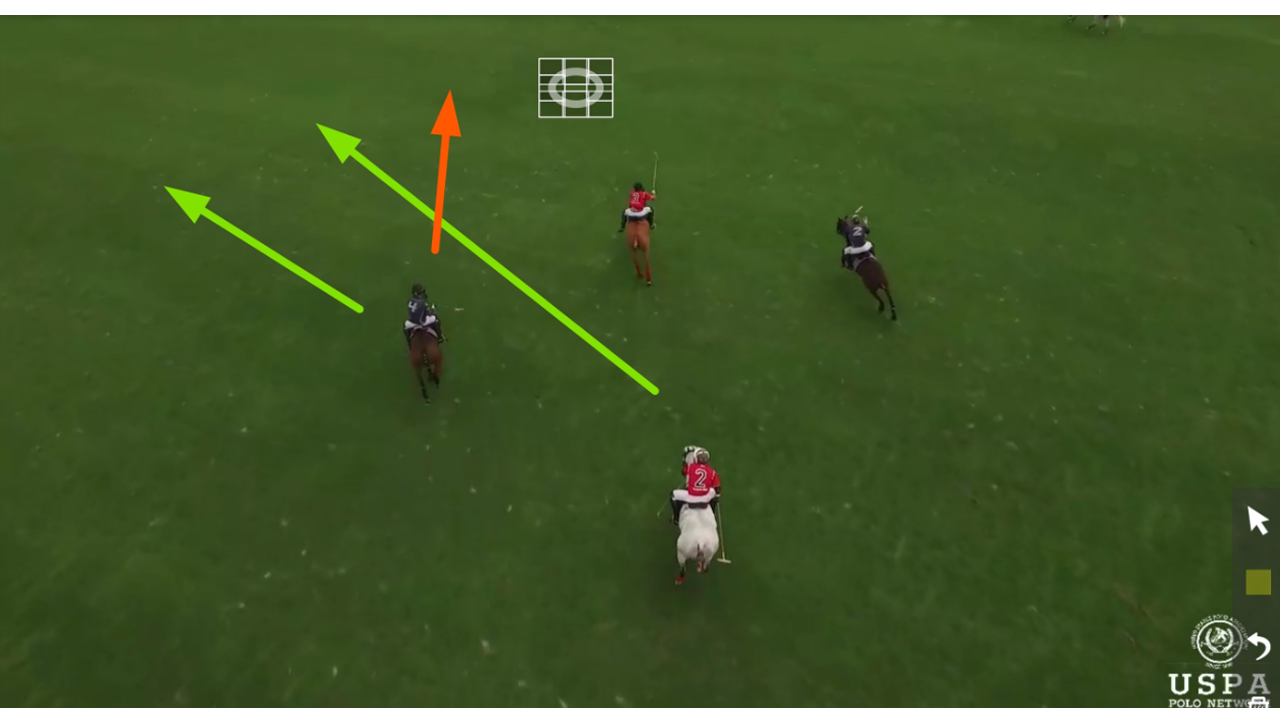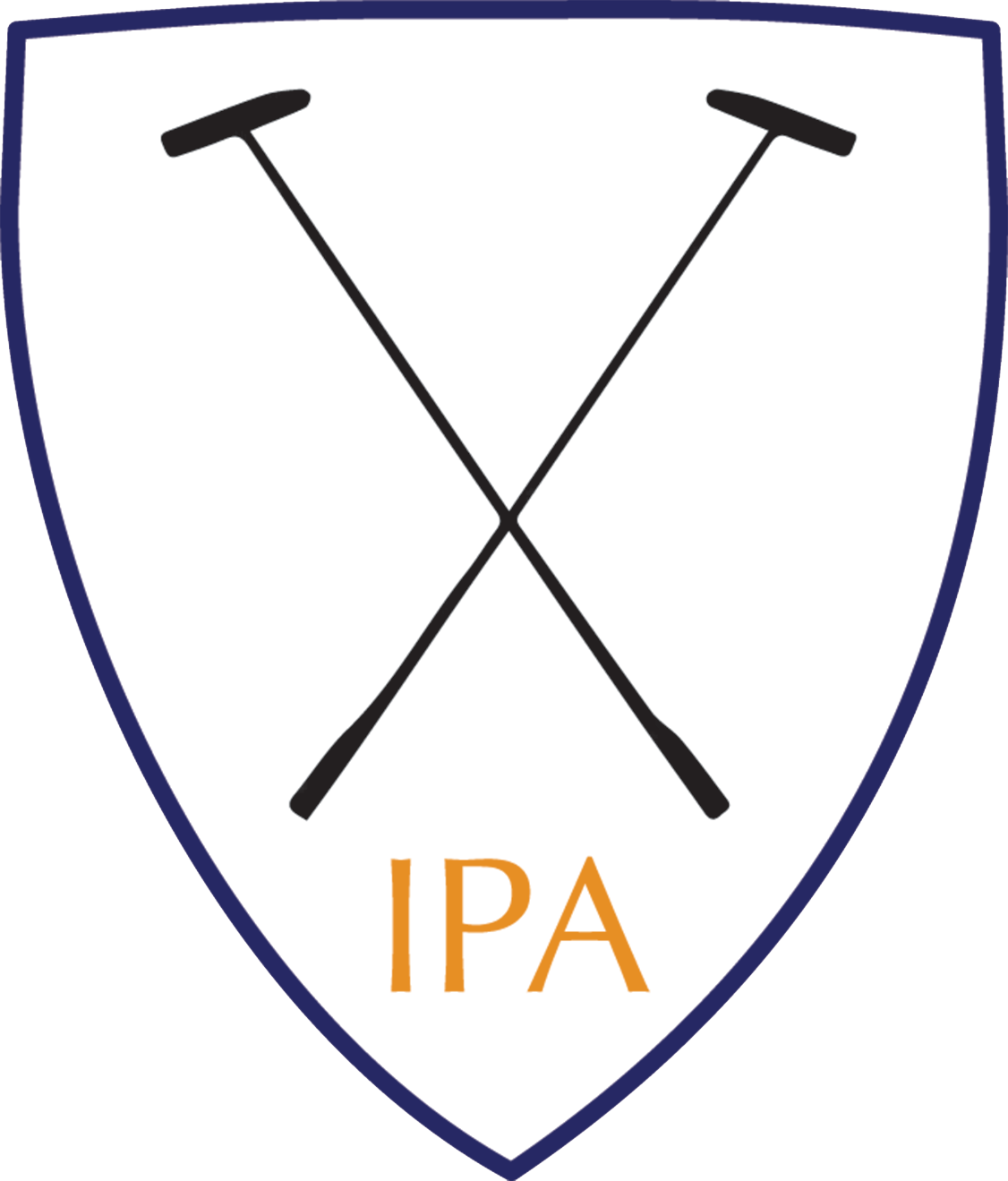
With the 2020 season ahead, whether your season has just finished or is about to start, the FIP Polo Development Programme is here to support polo.
Launched in 2019, the FIP endorsed Polo Development Programme, run by International Polo Academy, is designed to support national associations, clubs and players in growing the sport through the raising of standards of umpiring, coaching, and participation.
There are several key initiatives to the programme, the most talked about of which is the use of technology to increase the efficiency of coaching.
The launch of the Polo Development Application means that players from anywhere around the world can access knowledge to help them improve. The application provides a national association’s coaches with the support they need to deliver the processes and methodology of their national association.
For countries with organised committees the technology has already proven ground-breaking.
“We are using the Polo Development App for Argentine Polo Association (AAP) Polo Clinics and the APP Certified Instructors in video analysis which allows us to give feedback to players on their riding and stick and ball technique and strategy,” says AAP’s Diego Uranga.
“We are also using the app for AAP clinics for umpires and the umpires use it for training themselves,”
“It’s like having a Ferrari and we are getting trained on it so we can keep using it more and more. It’s great!” adds Diego, who started the AAP Certified Instructor programme.
Where a national association does not have a coach development programme in place, the programme now offers support to each association to allow them to develop their own.
With over 70 polo playing countries, the standards of and approach to coaching vary greatly, but since the announcement of the programme last year, the programme has been developed to accommodate the smaller associations as well as the largest.
The FIP supports initiatives to bring the polo world closer together and, just as social media has changed how the world interacts with one another, technology in sports has helped accelerate the sharing of knowledge and the accessibility to old and new ideas about how the sport can be approached.
For those starting the game, it can be difficult to know where to start. There are so many views on polo’s multiple areas of expertise: horsemanship, swing, plays, and rules are just some areas that cause endless debate. Research has been the answer to sports in similar positions and this is the approach taken with this initiative.
One of the goals of the programme was to bring polo alive through the use of slow motion cameras on mobile devices.
There is a commonly repeated line in video analysis that “the human brain can only recall 30 percent of what the eye sees,” which means video replay with frame by frame analysis is helpful because a player or coach can slow the video down and see what is really happening.
Whereas cameras that film in 240 frames per second were reserved only for professional videographers and those with a large budget, now, almost every smartphone can do so in high definition as part of a standard cellular phone package.
Knowing what to do once you see yourself or your student is another matter, so guidance in using the tools efficiently to make a difference is a skill. Just as many people do not, out of principle, read the instructions of how to build flat-pack furniture, the scatter-gun approach to video analysis with clients can be counterproductive. Providing efficient processes is therefore key.
Researching patterns – good of bad – as they do in all other sports, means we can scientifically establish the right information to share, while the technology linked to a cloud ensures it can be shared more efficiently.
Those that run the many polo committees care deeply about their sport. Honouring their time and contribution to the sport is important, so it’s essential to listen and to ensure all these knowledgeable ex and current players are heard so the right information is shared.
There is room, too, for the approaches of other sports that have already trodden the path of developing coaching practice, as polo is now doing. Although one size does not fit all, the generic approaches to teaching sport, whether it be golf, tennis, basketball or gymnastics, can benefit polo.
Having access to example benchmarks of different types of skills, plays, rules or elements of horsemanship, for example, is proving helpful to both players and coaches. It helps coaches explain what they mean more clearly and, aside from helping players identify a clear goal of what good looks like, it is inspiring to see a polo player play polo in high quality video.
All are invited to collaborate in the Polo Development Programme, with each national association, club and player having the opportunity to join the programme.
For all enquiries info@ipapolo.com
